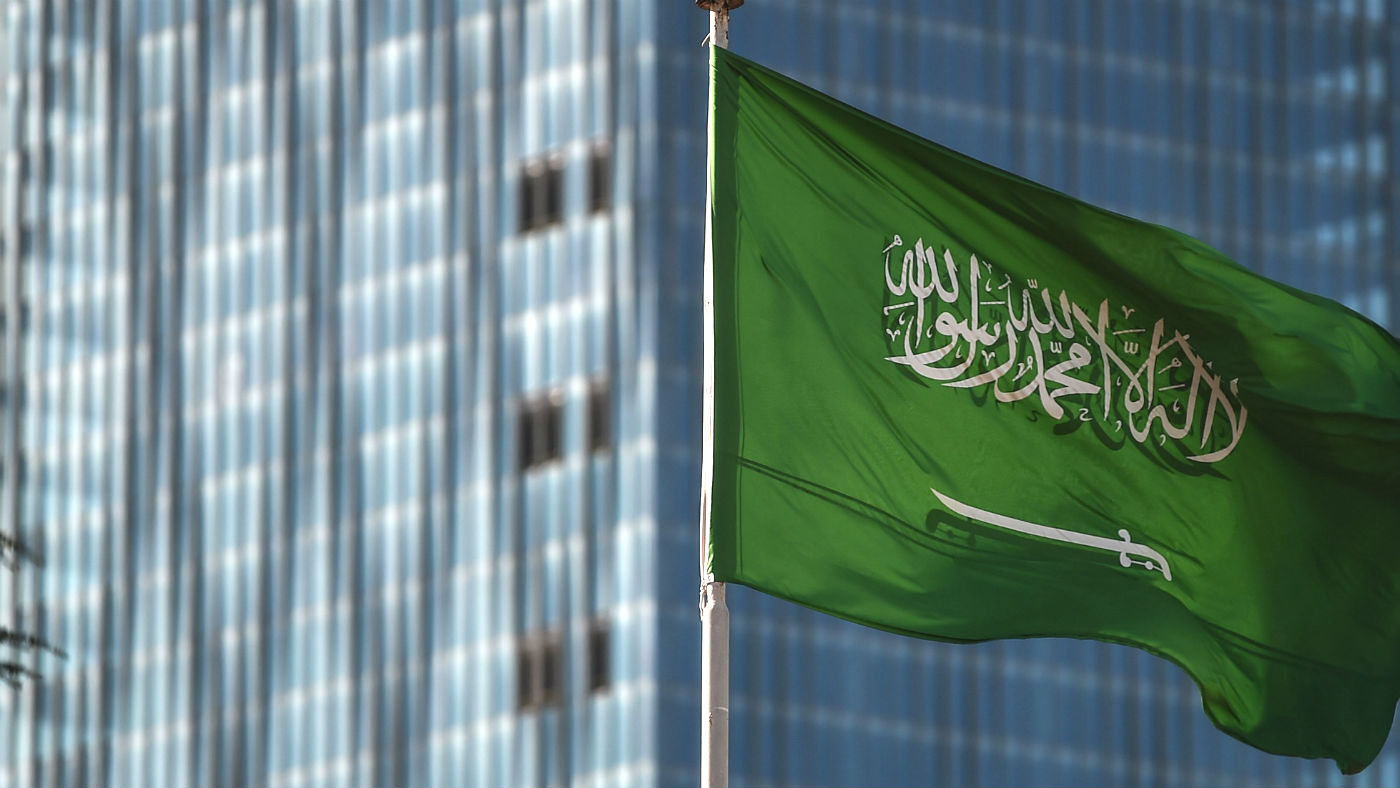Saudi sovereign wealth fund goes global
PIF chaired by crown price key part of drive to diversify economy and boost foreign investments

A free daily email with the biggest news stories of the day – and the best features from TheWeek.com
You are now subscribed
Your newsletter sign-up was successful
Saudi Arabia’s massive sovereign wealth fund is to set up offices in London, San Francisco and New York as it aims to pour billions of dollars into foreign investments.
The Public Investment Fund’s (PIF) already owns sizeable stakes in the likes of Uber and Tesla, but now plans to increase its assets from $224bn to $400bn by 2020, and raise the share of foreign investments in its portfolio from 10% to 50% by 2030. It also expects to boost the number of people it employs from 450 to 2,000 by 2025.
“The fund is central to Saudi Arabia's Vision 2030, a plan spearheaded by [Crown Prince Mohammed] bin Salman to diversify the economy away from oil,” says CNN.
The Week
Escape your echo chamber. Get the facts behind the news, plus analysis from multiple perspectives.

Sign up for The Week's Free Newsletters
From our morning news briefing to a weekly Good News Newsletter, get the best of The Week delivered directly to your inbox.
From our morning news briefing to a weekly Good News Newsletter, get the best of The Week delivered directly to your inbox.
Bin Salman, who also chairs the PIF, “is the driving force behind the country's ambitions to develop new tourist and entertainment industries in a bid to encourage Saudis to spend more of their money at home”, says the news network.
Yet he is also facing intense scrutiny over his alleged involvement in the murder of Saudi journalist Jamal Khashoggi in Istanbul last October.
Bloomberg's Matthew Martin says Saudi Arabia’s US plans come “as the world’s biggest oil exporter tries to win back investor confidence” following the uproar that prompted several top executives and finance ministers pull out of an economic conference in October.
“It’s also seeking to move on from an alleged crackdown on corruption that rattled the kingdom’s business elite and weighed on economic growth,” says Martin.
A free daily email with the biggest news stories of the day – and the best features from TheWeek.com
Reuters reports “the fund has made substantial commitments to green projects, including renewables and recycling, and to technology companies, and is also backing the country’s plans to diversify into solar power as well as waste management, infrastructure and entertainment”.
So, while it fits very much within Salman’s economic diversification programme, the expansion of the Saudi sovereign wealth fund could also be seen as an attempt to buy some international goodwill at a time when the global economy is showing signs of slowing.
-
 How the FCC’s ‘equal time’ rule works
How the FCC’s ‘equal time’ rule worksIn the Spotlight The law is at the heart of the Colbert-CBS conflict
-
 What is the endgame in the DHS shutdown?
What is the endgame in the DHS shutdown?Today’s Big Question Democrats want to rein in ICE’s immigration crackdown
-
 ‘Poor time management isn’t just an inconvenience’
‘Poor time management isn’t just an inconvenience’Instant Opinion Opinion, comment and editorials of the day
-
 Epstein files topple law CEO, roil UK government
Epstein files topple law CEO, roil UK governmentSpeed Read Peter Mandelson, Britain’s former ambassador to the US, is caught up in the scandal
-
 Iran and US prepare to meet after skirmishes
Iran and US prepare to meet after skirmishesSpeed Read The incident comes amid heightened tensions in the Middle East
-
 Israel retrieves final hostage’s body from Gaza
Israel retrieves final hostage’s body from GazaSpeed Read The 24-year-old police officer was killed during the initial Hamas attack
-
 China’s Xi targets top general in growing purge
China’s Xi targets top general in growing purgeSpeed Read Zhang Youxia is being investigated over ‘grave violations’ of the law
-
 Panama and Canada are negotiating over a crucial copper mine
Panama and Canada are negotiating over a crucial copper mineIn the Spotlight Panama is set to make a final decision on the mine this summer
-
 How oil tankers have been weaponised
How oil tankers have been weaponisedThe Explainer The seizure of a Russian tanker in the Atlantic last week has drawn attention to the country’s clandestine shipping network
-
 Why Greenland’s natural resources are nearly impossible to mine
Why Greenland’s natural resources are nearly impossible to mineThe Explainer The country’s natural landscape makes the task extremely difficult
-
 Iran cuts internet as protests escalate
Iran cuts internet as protests escalateSpeed Reada Government buildings across the country have been set on fire